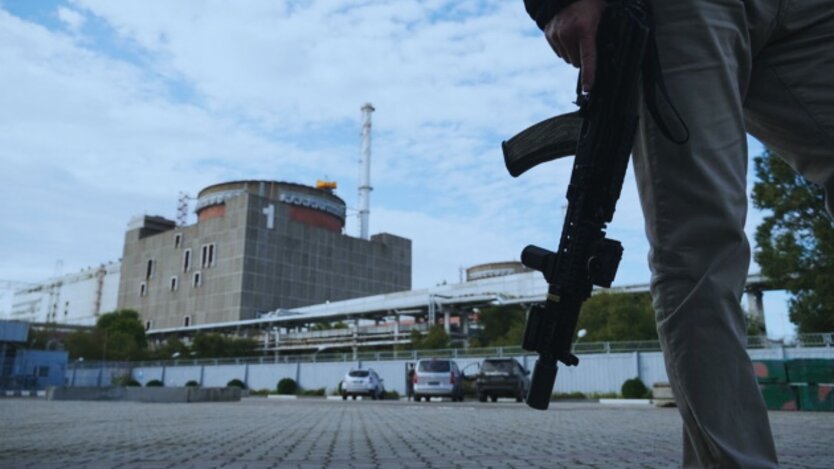What is an irregular working day in an employment contract.


The working process is quite complex, but it is fully regulated by Ukrainian legislation. This includes an irregular working day, which must be paid separately.
When it comes to an irregular working day in the employment contract, it has several options and is also paid differently. But first of all, it is important to understand what it is and how it is specified in the contract. In general, when it comes to employment, only official options should be chosen.
What is stipulated in the employment contract about working hours?
Before figuring out what an irregular working day is, a few words should be said about the laws regulating the relationship between the employee and their management.
In Ukraine, the working schedule is regulated by a number of legislative acts, the main one being the Labor Code of Ukraine (LCU). It defines the basic rules regarding working hours, rest, public holidays, and other aspects of labor relations. So, these are the rules you should always rely on.
What the laws stipulate about working hours:
-
Normal duration of the working day. The normal duration of the working Time cannot exceed 40 hours per week (Article 50 of the LCU). For employees engaged in work with harmful and dangerous working conditions, the working time is reduced to 36 hours per week.
-
Reduced working hours. For certain categories of employees, such as minors, disabled persons, teachers, and doctors, reduced working hours are established.
Part-time work. By agreement between the employee and the employer, part-time work may be established. This norm is also often used.
It should be noted immediately that overtime is considered an exception, not a permanent process.
Working day and working week
A few words should be said about the working week. In Ukraine, the five-day and six-day working week is mainly practiced. In most enterprises, institutions, and organizations, a five-day working week with two days off is established. In this case, the duration of the working day is determined by the rules of the internal work schedule or the collective agreement. These are indeed the most common options.
In enterprises where it is impossible to establish a five-day working week due to the nature of production or working conditions, a six-day working week with one day off is introduced.
In Ukraine, there is so-called continuous production. Enterprises with continuous production may have a sliding work schedule, where working days and days off alternate. Usually, this is practiced in plants.
The law also stipulates rest periods. During the working day (shift), the employee is provided with a break for rest and meals for no more than two hours and no less than 30 minutes. This break is not included in the working time. The duration of daily (inter-shift) rest should be at least 12 hours.
Also, in certain cases, employees are provided with weekly continuous rest of not less than 42 hours. In Ukraine, there are such holidays as New Year, Christmas, International Women's Day, Easter, Constitution Day, Independence Day, and others. Working on these days is prohibited except in cases provided for by the law. At least this system worked before the war. Currently, there are no public holidays.
It is worth mentioning that according to Ukrainian legislation, work on holidays and weekends is paid at double rates, or the employee is provided with another day off at their discretion.
Overtime work: what do you need to know about it?
When it comes to an irregular working schedule, it is important to understand that it can arise for various reasons. In Ukraine, there are generally restrictions on overtime work. Overtime work should not exceed four hours for two consecutive days and 120 hours per year for each employee (Article 65 of the LCU). Overtime work is paid at double rates.
Flexible schedule in Ukraine
Considering an irregular schedule, it is worth discussing how a flexible schedule is stipulated in the law. With the consent of the parties, a flexible working schedule may be established, where the employee independently distributes their working time, provided they meet the established work norms.
There is also a remote work option, which has become incredibly popular in recent years. Ukrainian legislation provides for the possibility of remote work, which is regulated by an agreement between the employee and the employer and includes rules for using equipment and organizing work at a distance.
These main provisions reflect the basic aspects of regulating the working schedule in Ukraine. However, for specific situations and enterprises, additional norms and rules may apply, which should be taken into account within the framework of the current legislation.
Irregular working day
In Ukraine, an irregular working day is regulated by the Labor Code of Ukraine (LCU) and provides for a special work regime where the employee is obliged to perform their work duties outside the established working hours.
What exactly is included in the concept of an irregular working day:
-
Scope of use. An irregular working day is usually used for employees whose work is not subject to precise time tracking. This may apply to managers, specialists, and other employees whose work is not subject to exact time tracking.
-
The condition of an irregular working day must be clearly specified in the employment contract or collective agreement.
-
Despite the possibility of working beyond the normal working hours, the total accounting period of working time should comply with established norms. For example, the total working time during the week should not exceed 40 hours.
Compensation is often practiced for this schedule. Additional days off are provided to employees for working irregular hours.
Read also
- What Prevents the Restart of the Zaporizhzhia NPP: Details from the Regulator
- Ukraine to Launch Joint Mass Production of Drones with the United Kingdom
- From Humanitarian Aid to Fortifications: What Participants of the 'Army of Restoration' Are Doing
- Own Business: Which Business Areas Receive Loans
- What kind of people are in the Canaries: Slava Kaminska stirred the network with a photo with Yanukovych
- In Ukraine, a mandatory rule will be introduced for all pharmacies: what will change from July 1










